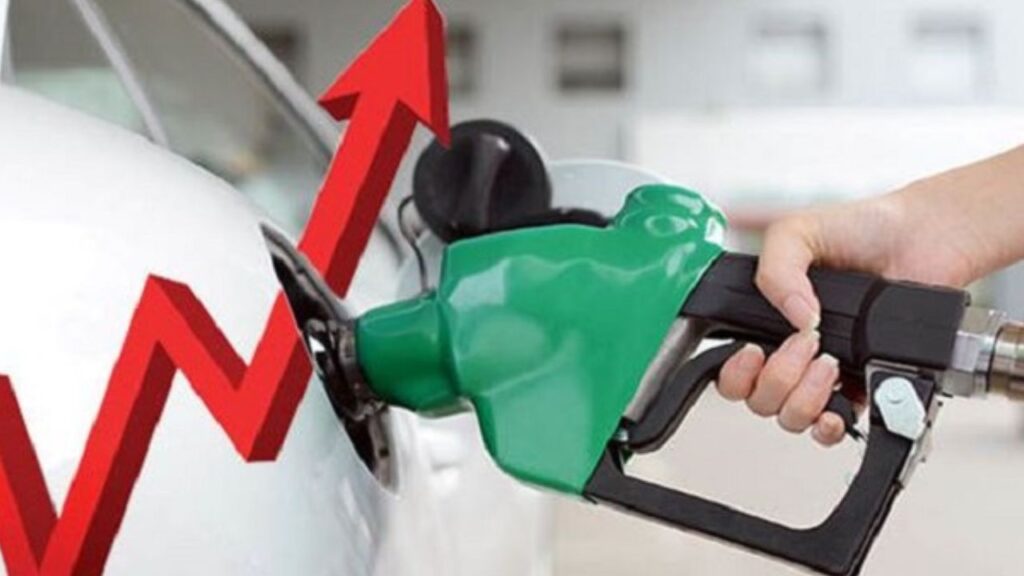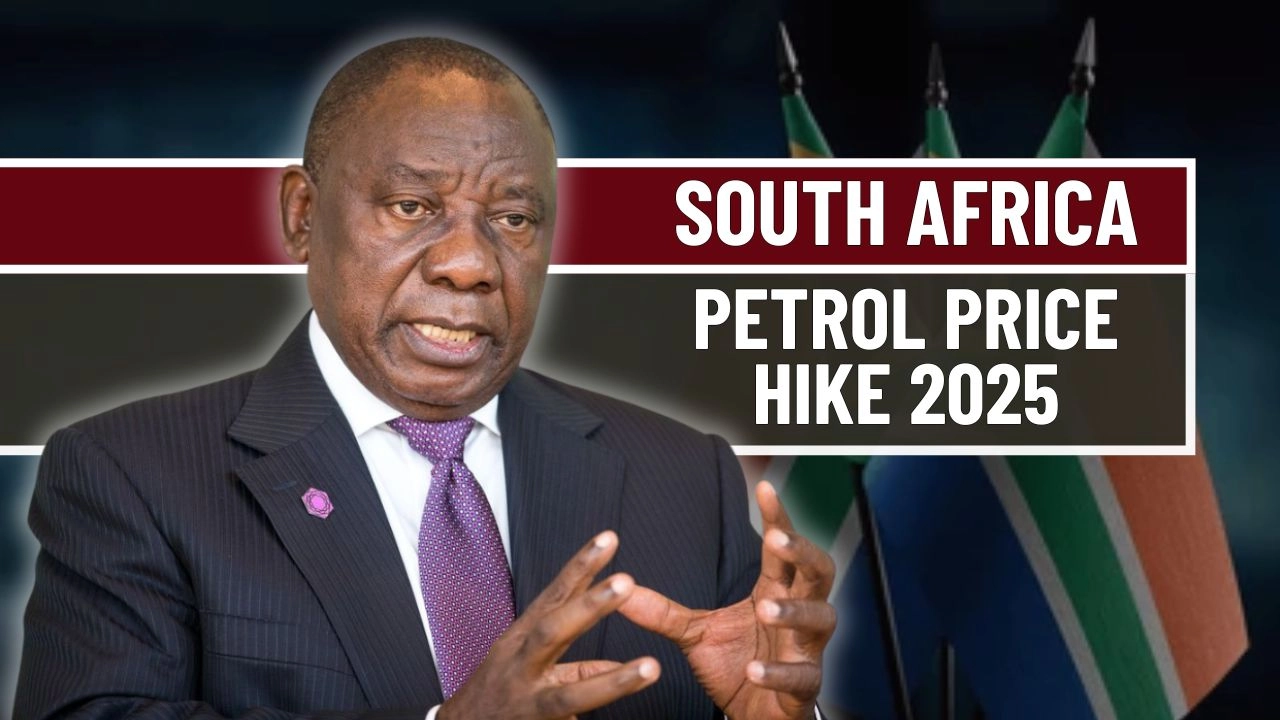As South Africa approaches the start of June 2025, motorists are bracing for another increase in petrol prices. The Department of Mineral Resources and Energy has indicated that fuel costs are expected to climb yet again. This comes amid ongoing global market instability and a fluctuating local currency, making fuel more expensive for the South African consumer. Economic pressure continues to mount as these factors converge, setting the stage for a challenging month ahead.
Crude Realities: Global Forces Behind the Local Surge
The persistent rise in fuel prices is primarily driven by international dynamics. The global oil benchmark, Brent crude, has maintained high trading levels, largely due to heightened demand and restricted supply linked to geopolitical unrest in Eastern Europe and the Middle East. As a country reliant on fuel imports, South Africa absorbs these global costs, with limited room to maneuver domestically.
Adding to the challenge is the weakening rand. Between late April and early May, the local currency declined against the US dollar, making oil purchases more expensive. Since oil is priced in dollars, any depreciation of the rand directly raises the cost of imported fuel. The combination of costly crude and currency weakness has led to an expected fourth monthly fuel price hike in a row.
Price Forecast: What the Pump Could Look Like in June
Although the official announcement from the Central Energy Fund is expected on the first Wednesday of June, preliminary estimates provide a strong indication of what lies ahead. Petrol users could see an increase ranging between 85 cents and R1.10 per litre, depending on the fuel grade. Diesel users may face a less severe rise, benefiting slightly from recent international price adjustments.
If these estimates hold, consumers will likely pay around R24.40 per litre for Petrol 93 and R25.25 for Petrol 95. Diesel at 50ppm is projected to reach R23.40 per litre. These figures may still shift depending on late May fluctuations in the global oil market and the strength of the rand.
Ripple Effects on Daily Life and the Broader Economy

The anticipated price hike won’t just affect drivers at the petrol station. Increased fuel costs are expected to impact transportation across the board, pushing up logistics costs and influencing retail prices. Consumers may begin noticing price increases in groceries and other goods, as delivery expenses grow and suppliers adjust to new cost realities.
Households with limited incomes will likely feel the pinch the most. Rising commuting costs can strain monthly budgets, especially for families that depend on private or public transport. Businesses reliant on vehicle operations, particularly in delivery and logistics, may also face tighter operating margins.
Small Business Woes in the Wake of Climbing Costs
For many small enterprises, fuel expenses are a significant part of daily operations. From service providers to delivery-based businesses, a sharp increase in petrol prices can lead to difficult decisions around pricing, scheduling, or even reducing services. These added costs can disrupt normal operations and ultimately be passed on to customers, contributing to a broader inflationary trend in the economy.
Governmental Constraints and Industry Feedback
Although the government has acknowledged the growing concern over fuel costs, it has limited flexibility to intervene directly. Fuel levies and tax structures continue to fund other national priorities, restricting the state’s ability to reduce costs at the pump without affecting revenue elsewhere. Some voices in both political and economic circles have called for a revision of the existing fuel pricing model, but there are no formal announcements as of yet.
The private sector, meanwhile, emphasizes the need for long-term solutions. Experts suggest increased investment in local fuel refining, exploration of renewable energy alternatives, and reviewing regulatory frameworks that influence price-setting mechanisms.
The Long Road Ahead: Searching for Sustainable Answers
While short-term relief remains uncertain, many believe that structural changes will be necessary to buffer South Africa against future fuel price volatility. This could involve improving energy infrastructure, diversifying fuel sources, and reducing reliance on imported petroleum. Until such strategies are implemented, the nation may continue facing recurring shocks from the global oil market.
Facing June with Caution and Awareness
As another price increase looms, South Africans must prepare for further financial strain linked to fuel. While many factors behind the hikes lie outside national control, staying informed and adapting personal budgets and travel habits may help manage the impact. The road ahead may be challenging, but awareness remains a powerful tool in navigating uncertain economic terrain.


